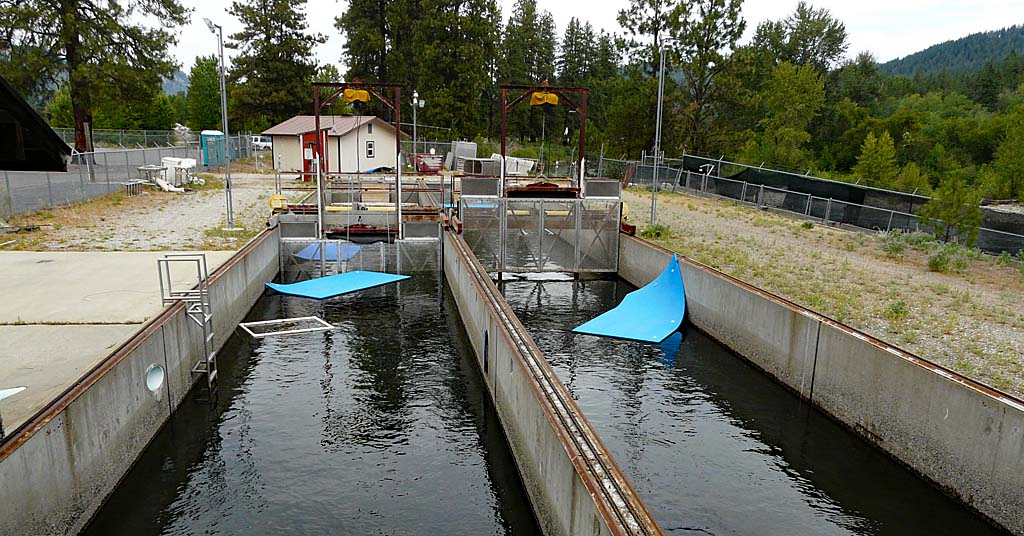Oregon ranchers seek $800,000 to mitigate wolf predation
Published 11:00 am Friday, January 27, 2023

- Nash
SALEM — Ranchers are urging Oregon lawmakers to invest $800,000 in the state’s wolf compensation fund to help mitigate adverse livestock impacts from the predators.
However, environmental advocates claim the program is problematic and oppose the additional funding proposed in Senate Bill 471.
Trending
Preventing wolf predation and compensating ranchers for losses is critical to ensure Oregon’s livestock industry remains viable as the wolf population grows, but funding for the program has long been inadequate, according to the bill’s supporters.
“We need to patch this up because we are literally running producers out of business at this point,” said Todd Nash, president of the Oregon Cattlemen’s Association.
A similar bill seeking an additional $1 million for the wolf compensation fund died in committee during last year’s legislative session.
Aside from compensating ranchers for livestock killed by wolves, the fund pays for prevention measures, such as range riders who protect grazing cattle.
The program has faced criticism from ranchers who say it doesn’t address the stress caused by wolves, which reduces cattle weights and conception rates.
“They’re in a constant state of fear and panic with these wolves around them,” said Rawley Bigsby, a rancher who testified in favor of SB 471.
Trending
Direct losses from wolf predation are also difficult to prove, so ranchers often can’t obtain compensation for killed cattle, critics say.
“Ranchers only receive a small percentage of their missing livestock value,” said John Williams, another rancher who supports the bill.
The economic effects from wolves affect individual ranchers but also add up for the livestock industry, said Rep. Bobby Levy, R-Echo, the bill’s sponsor.
“It’s truly a ripple effect that’s felt by everyone in the supply chain,” she said.
Working farms and ranches serve a valuable environmental role as well, by preventing fragmentation and development, said Ellie Gage, a representative of the Western Landowners Alliance nonprofit group.
“The cost of providing wildlife habitat needs to be shared more broadly,” she said.
For the current 2021-2023 biennium, the wolf compensation fund received $237,000 from the Oregon Department of Agriculture, which was matched by $200,000 in federal funding.
Lawmakers appropriated an additional $400,000 for the fund in 2021 but did not approve the $1 million increase proposed in 2022.
The Oregon Wildlife Coalition and the Oregon League of Conservation Voters, which represent numerous environmental groups, have come out against SB 471 and argue the wolf compensation fund must be reformed.
With wolves now more widespread across the state, the groups argue that Oregon should have a statewide board that scrutinizes wolf losses instead of continuing with county-level oversight.
The wolf compensation fund has not built “social tolerance” toward the predators, which was an early goal, the groups claim. They also oppose the increased funding to prevent money from going to “unverifiable” claims of missing livestock, which could have been caused by other factors than wolves.
While these groups oppose the bill, Sen. Fred Girod, R-Stayton, said wolf proponents should recognize the program’s value.
“If you don’t compensate the farmer or the cattle rancher, you’re going to have the three S’s — shoot, shovel and shut up,” he said. “If people want the wolves, you really have to fork out the money. At least the $800,000, which I think is very minimal.”
“We need to patch this up because we are literally running producers out of business at this point.”
— Todd Nash, president of the Oregon Cattlemen’s Association









